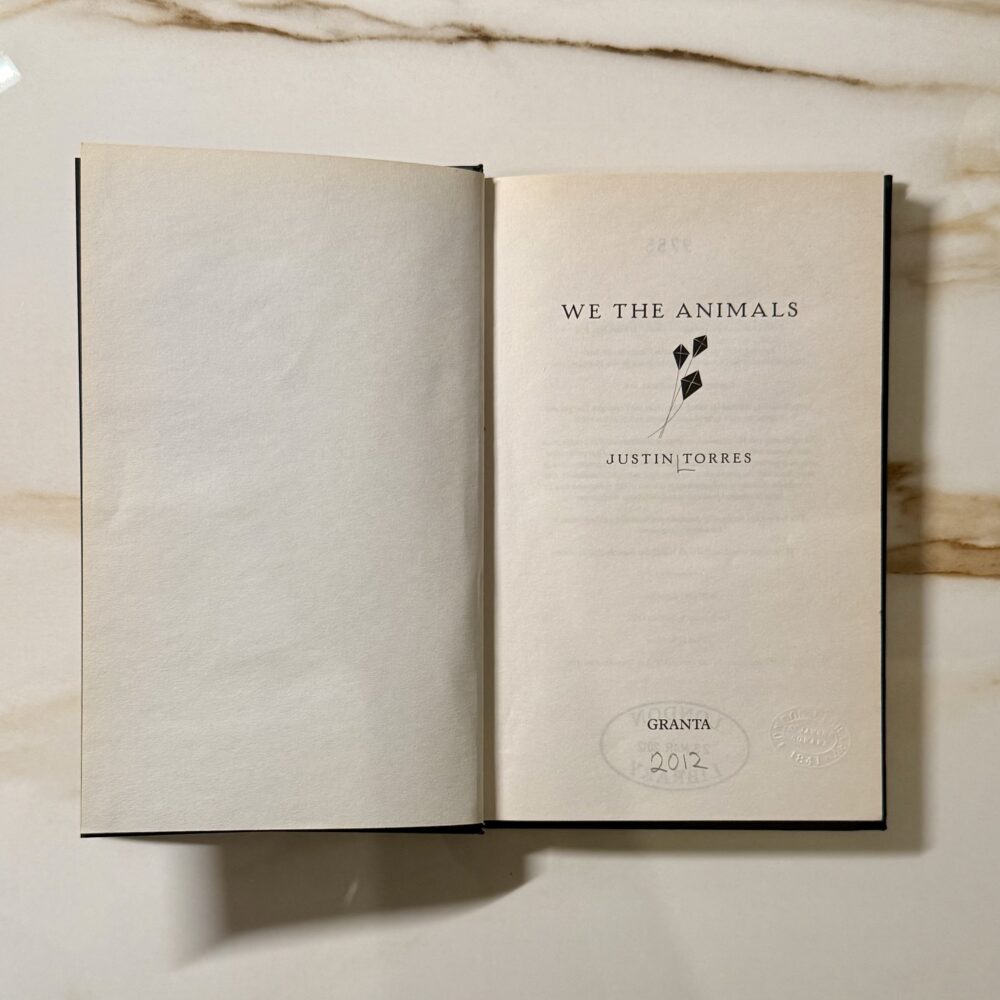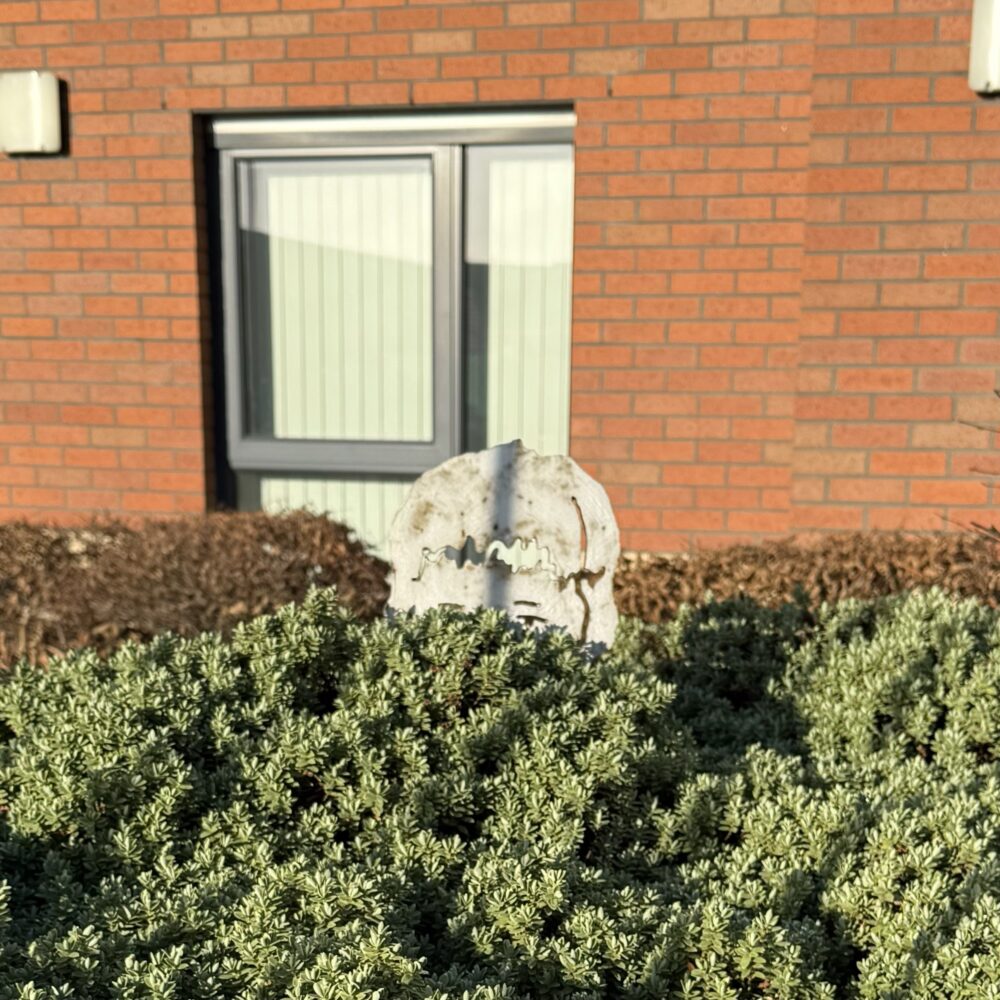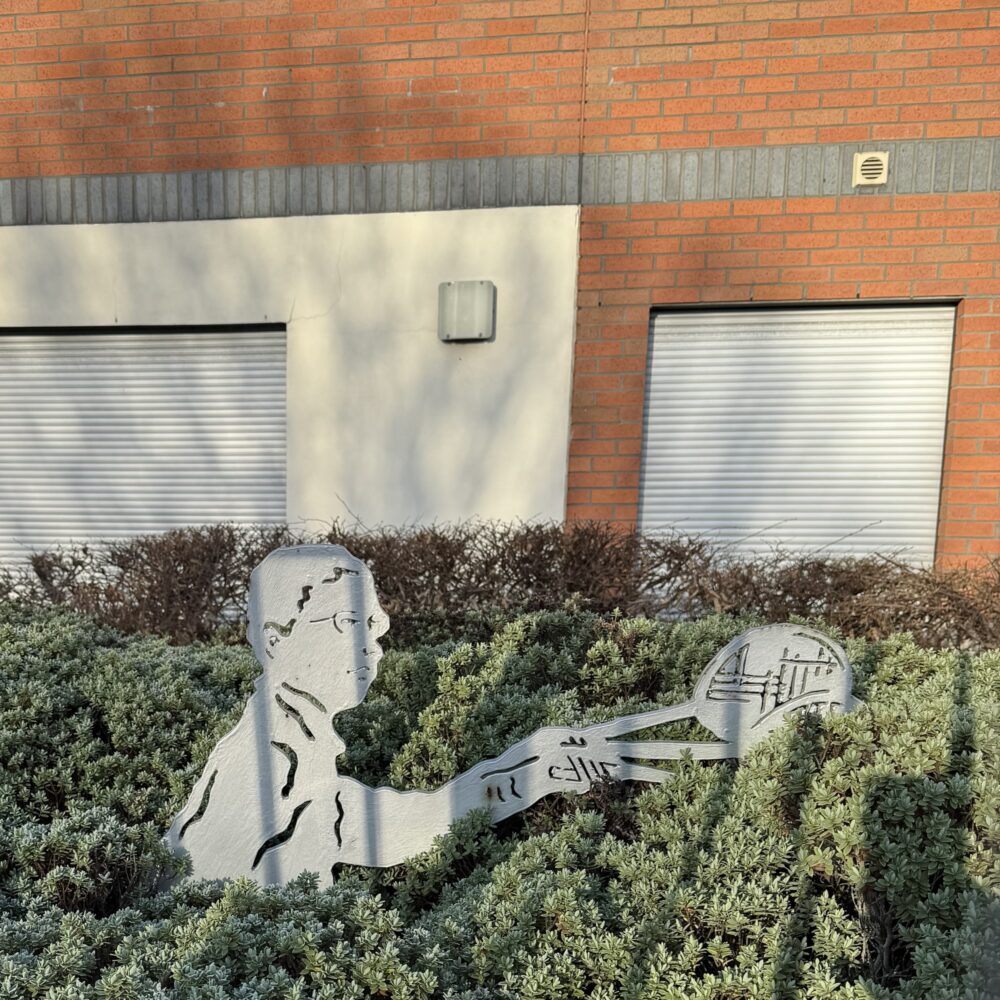In the early days of this blog, the political debate around whether to ban fox hunting was a big deal. Those were, perhaps, simpler times.
I think some would be surprised to read these days that I argued against banning hunting with foxes. It may seem even more surprising that I probably still would—yet I would argue perhaps more forcefully against repealing the ban now that it exists.
My arguments against the ban were essentially liberal: we shouldn’t go around banning stuff, cruelty to animals was already illegal, and we should use the laws that we’ve already got. But there was also a significant dose of priority-setting: it seemed to me that banning an activity as perversely niche as fox hunting could not possibly be the best use of Parliamentary time. There is no way that it could possibly be viewed as ranking among, say, the top hundred problems facing the country.
My arguments against repealing it would be basically the same: we shouldn’t signal through a change of the law that cruelty to animals is okay and it absolutely shouldn’t be anywhere near our list of top priorities.
I think you can read a lot into this. I’m all for a permissive society that tolerates difference. I’d rather see something that I personally disagree with continue than restrict freedoms for us all. And, at least to me, reversing a ban is qualitatively different from being permissive in the first place—even if it’s philosophically equivalent.
I was reflecting on this today when I was trying to figure out why Mark Zuckerberg’s decision to remove tampons and sanitary towels from the men’s toilets at Meta seemed so offensive. After all, I’m not offended when these facilities aren’t offered, as in the vast majority of workplace and public toilets—though I am impressed when a business does offer them, demonstrating that they are thoughtful and inclusive. The same goes, by the way, for sanitary bins in men’s toilets—a rare sight, but one needed by far more than just the trans and non-binary population.
But if I’m not offended when these facilities aren’t offered, then why am I when they are removed?
Well, because while it may return the business to their original position philosophically, the act of making the change is petty, vindictive, persecutory, and fucking cruel. It makes the world a tiny bit worse for all of us—and especially for some of the most marginalised communities in our society. It tells me that the company does not care about the needs of individuals, and would rather see people suffer than stand up for basic values of inclusivity and respect for other human beings.
And that’s not my standard at all.







